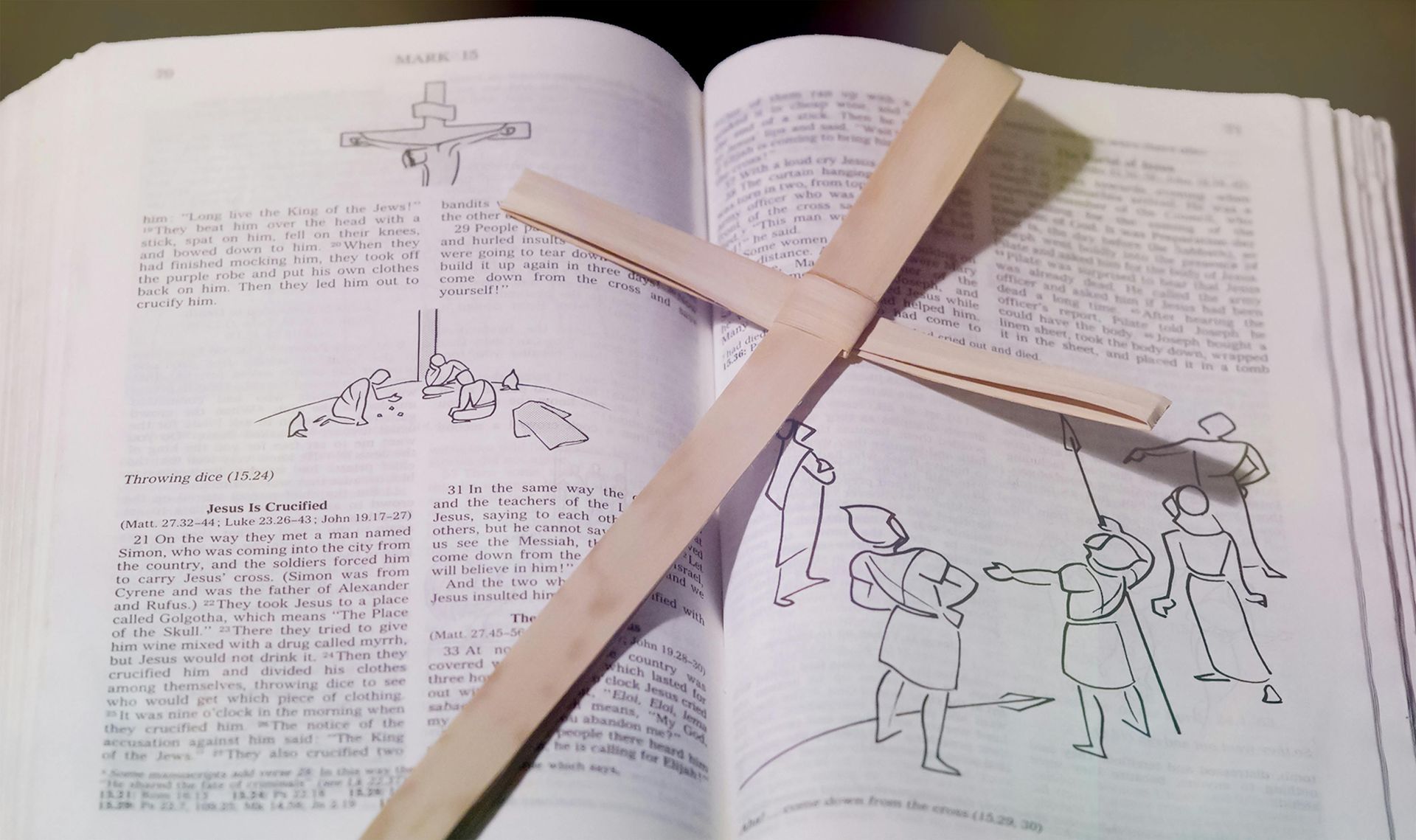First Sunday of Advent C Dec. 1, 2024
First Sunday of Advent C
Dec. 1, 2024
This time of year, I remember the song from the Musical Mame, “We Need a little Christmas.” We have barely sung “O Come Emmanual’ and we are into Christmas.
I went looking for a mask to wear on Halloween and was hard-pressed to find the Halloween costumes among all the decorations for Christmas. In my estimation, the season of Advent is one of the most beautiful. These days are days of waiting and anticipation. We like Mary are pregnant with the Christ waiting for him to arrive. The words of Sr. Jessica Powers come to mind:
I live my Advent in the womb of Mary.
And on one night when a great star swings free
from its high mooring and walks down the sky
to be the dot above the Christus I,
I shall be born of her by blessed grace.
I wait in Mary-darkness, faith’s walled place,
with hope’s expectance of nativity.
I knew for long she carried and fed me,
guarded and loved me, though I could not see.
But only now, with inward jubilee,
I come upon Earth’s most amazing knowledge:
Someone is hidden in this dark with me.
The days of this season are short. We spend lots of time in the darkness. In the darkness, we look for the presence of Christ to be with us. In these days of Advent Jesus tells us ”
Be vigilant at all times
and pray that you have the strength to escape the tribulations that are imminent and to stand before the Son of Man.”
I have had conversations with folk who have told me “I am too busy to pray.” When one of his followers told St Ignatius “I am too busy to pray for 1 hour a day.” Ignatius told him “Then pray for 2 hours a day.”
The season of advent is a good time to look at our daily routines, maybe we begin some new practices. We begin to set aside more time for prayer. If we are vigilant in prayer, we will be better able to read the signs of the times and be better ready to greet the Christ at Christmas. Or in the words of Sr. Powers, we will live our Advent in the womb of Mary.




